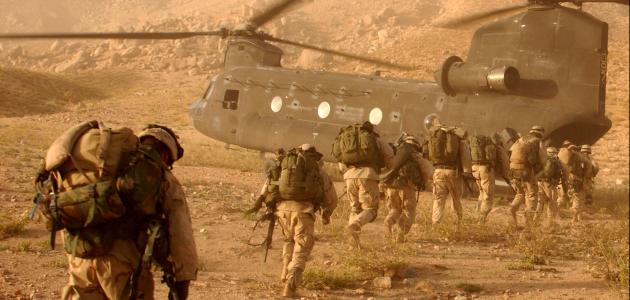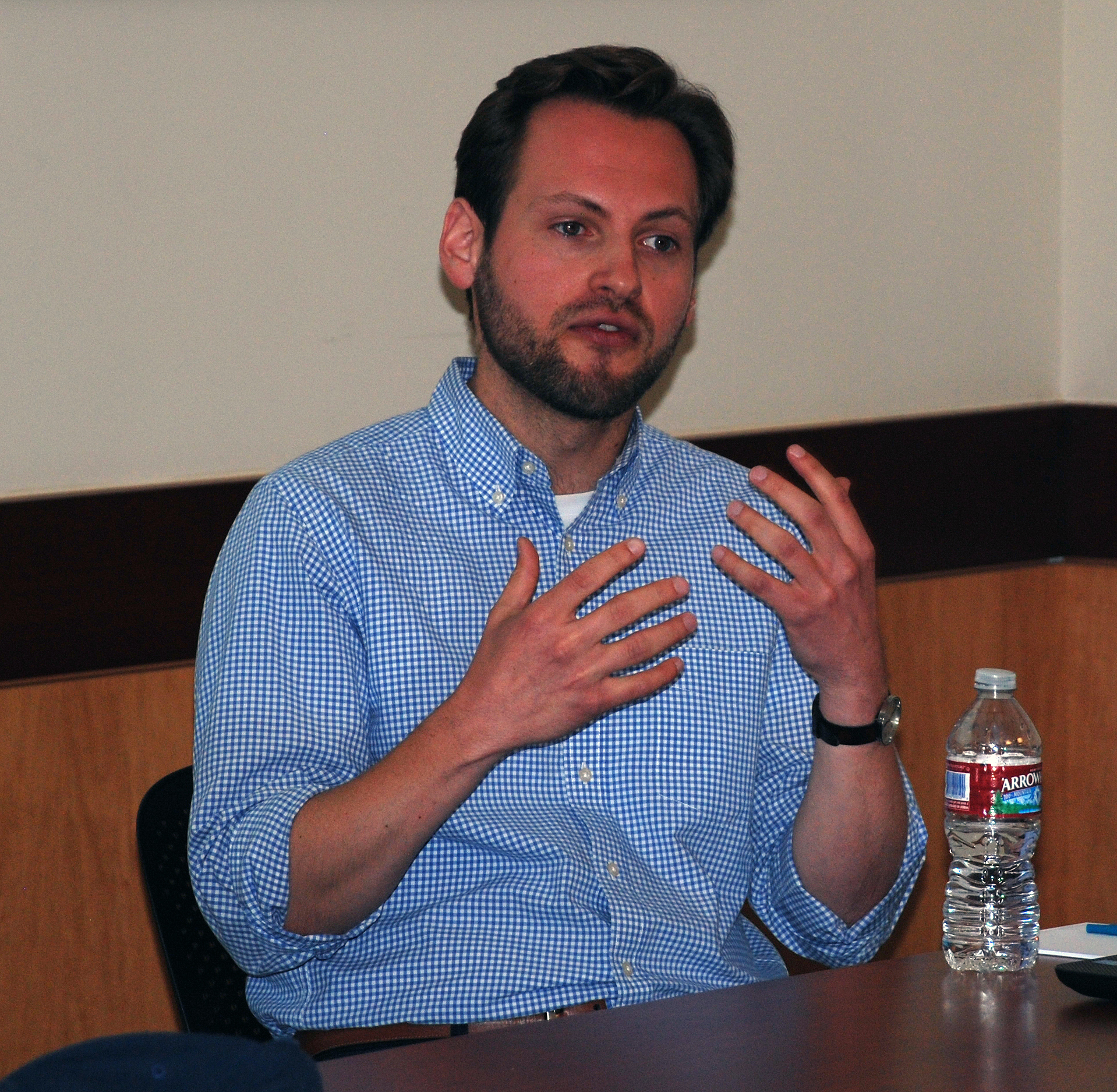
Last month, the twelfth annual Hoover Workshop on Totalitarian Regimes convened at Hoover Library & Archives to study the origins, histories, and effects of authoritarian rule both past and present. This year’s workshop was marked by increased interest in the development of totalitarian rule in war-torn regions of the Middle East. Several young scholars spent the two weeks of the workshop researching and presenting their findings in collections including the Islamic Fundamentalism Collection, records of the Ba'ath Party of Iraq, and the Islamic Fundamentalism Collection. During the workshop participant Jacob Olidort, who received his Ph.D. in Near Eastern Studies at Princeton University in June and is a fellow of the Washington Institute for Near East Policy, used his knowledge of the Middle East and Arabic to inventory Hoover’s Richard Paul Mitchell Collection. The archive—which originated from one of the most well regarded scholars in the field of Middle Eastern Studies—contains writings, newspapers, magazines, journals, books, and other printed matter relating to the activities of the Muslim Brotherhood, Islamic culture and political movements, and conditions in Islamic countries. Olidort’s inventory will enhance the existing online finding aid for the collection and be of great value to current and future researchers interested in using the collection for their own projects. In an introduction to the inventory, Olidort writes,
"Acquired in 1977 as one of the Hoover Archives’ first Middle East purchases, the Richard P. Mitchell Collection has remained uncataloged (with its contents unknown to the wider public, likely unused) in the nearly three decades since then. Although more than half of the thirty-eight boxes consist of Mitchell’s miscellaneous personal files and newspaper clippings, a number include material from his trips to Egypt, presumably collected in preparation of his 1969 classic The Society of the Muslim Brothers, the first academic study of the Muslim Brotherhood.
"The writings of the Muslim Brothers in Egypt and Syria dating from 1950 to 1955 that Mitchell collected (boxes 1–12) tell how the region’s first Islamist movement sought to integrate Islam into all aspects of society, politics, and education during a time of local and international uncertainty about its future. The founder of the Muslim Brotherhood, Hasan al-Banna, had been assassinated in 1949; the scores of pamphlets and hagiographies mourning the ‘martyr’ al-Banna and others and records of Brotherhood show trials, as well as reflections on the group’s relationship to politics, demonstrate how deeply the local government’s repression of the Brotherhood permeated the group’s psyche. The paper trail in Mitchell’s collection attests to this, in particular the shift from calls to change the constitution and to wage jihad (prevalent in al-Banna’s writings and those of others in the 1940s) to an educational and outreach campaign to instruct followers about the ‘correct’ Islamic approach to economics, ethics, poverty, and even physical fitness.
"Aside from the rare window into the evolving worldview of this group’s leadership, Mitchell’s collection offers rare documentation on how the group socialized and settled into local surroundings. Particularly helpful are not only the volumes of the group’s periodical al-Muslimun, which was published in Egypt and later Syria and featured both Islamist and Salafi authors, but also several boxes of the Brotherhood’s weekly al-Da‘wa, along with clippings from other limited-circulation Islamist newspapers and local press.
"Scholars not working directly on Islam and politics will also benefit from this collection, particularly those interested in US foreign policy and miscellaneous topics concerning the United States and global issues in the 1970s. Mitchell has gathered official statements on US foreign policy from the State Department’s Bureau of Public Affairs on subjects ranging from energy policy, sanctions on Iran, the Middle East peace process, and the Strategic Arms Limitation Talks.
"Finally this collection offers an opportunity for students to understand how a giant in the field approached his study of the Middle East and the various ancillary interests and involvements that informed his work. Personal files on topics as varied as ‘Egyptian political parties,’ ‘USSR MidEast,’ ‘Nixon-Watergate,’ and ‘Local (AZ, Detroit, Dearborn),’ offprints of his lectures, and articles written by students and colleagues are a reminder that, in addition to an understanding of the religious doctrines and local political conditions of this group, a good historical assessment of this group's course requires a wider optic that places it in its global context."




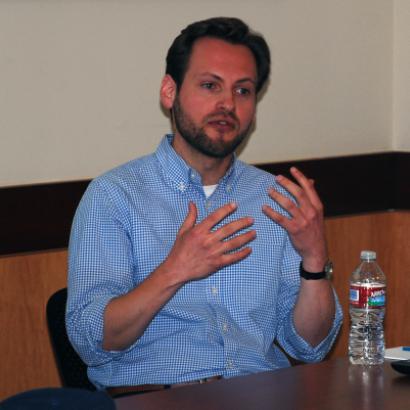
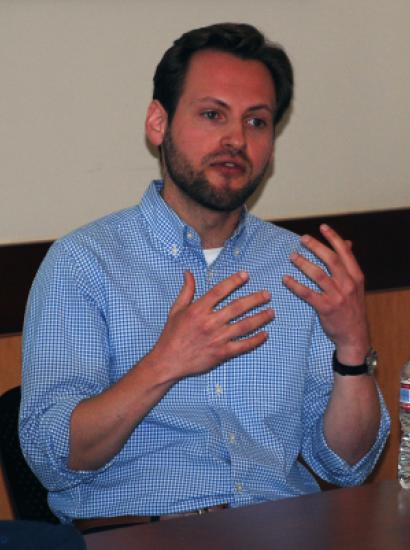
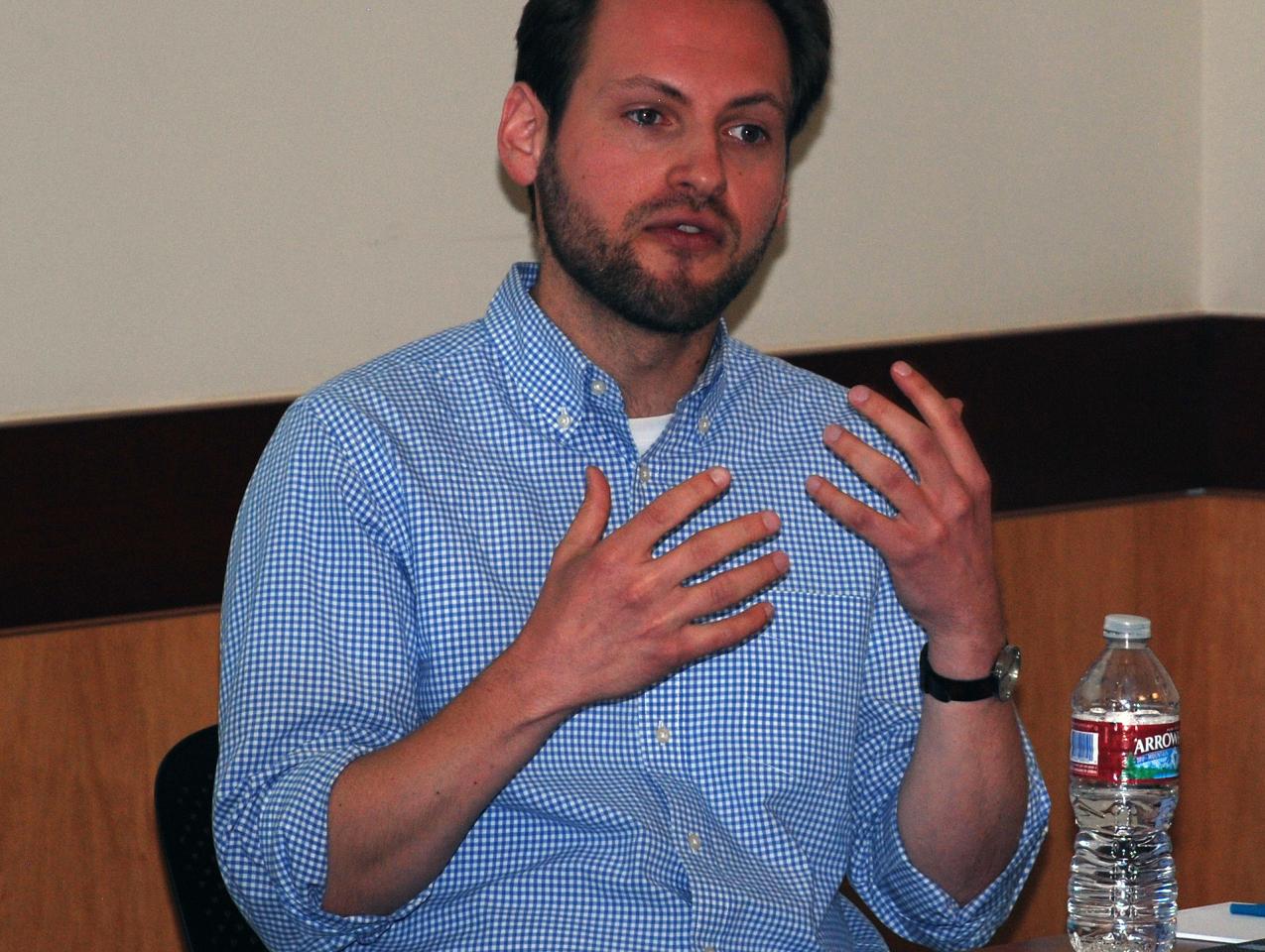
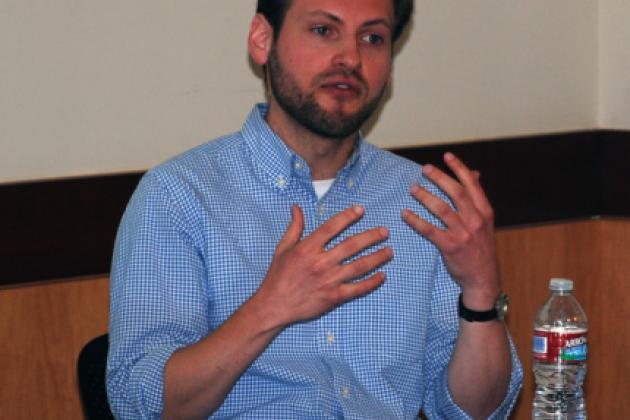
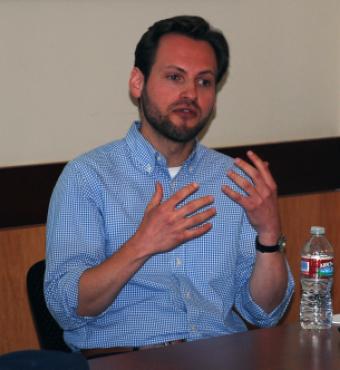

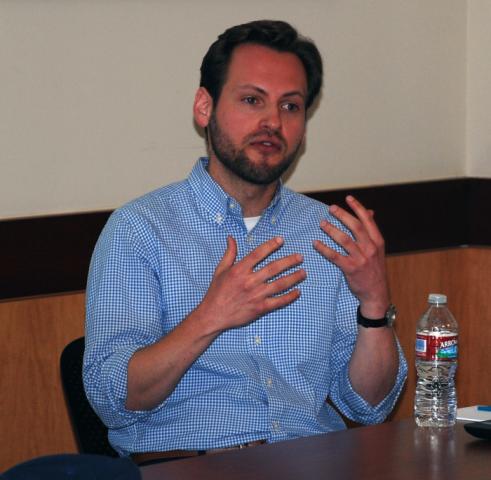


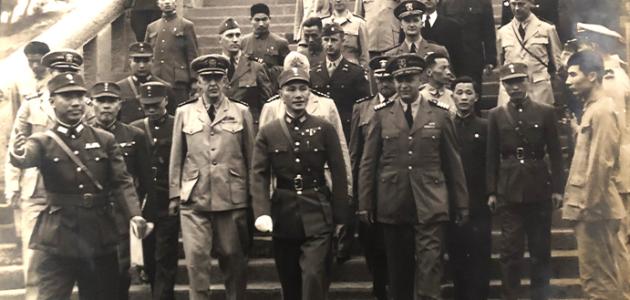

![detail of cover from Dzhigit [Джигитъ] by K. A. Karganov](/sites/default/files/styles/630x300/public/2024-04/article-cover-mar2024.jpg?h=48677cc4&itok=B0nBJ84W)

